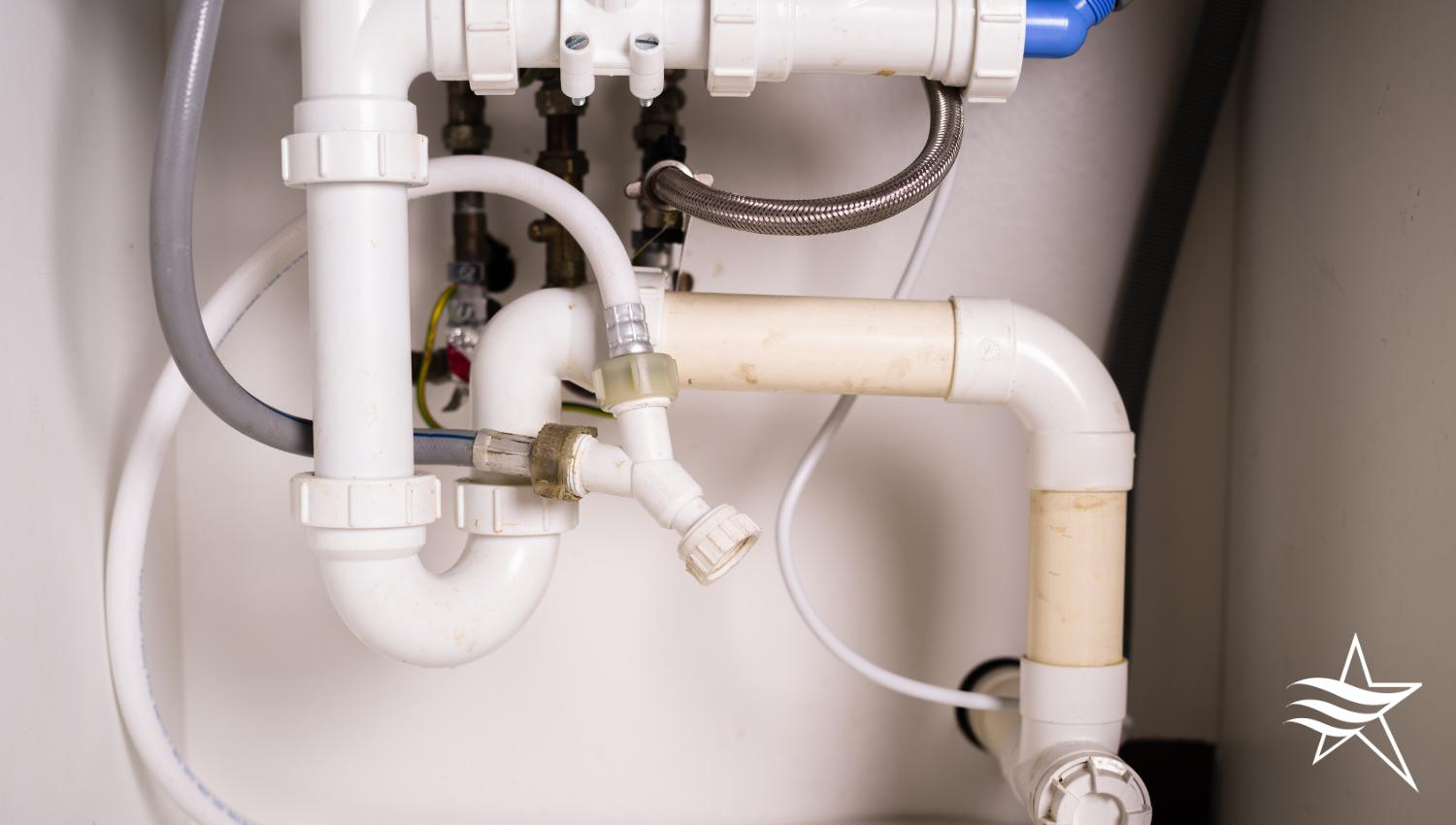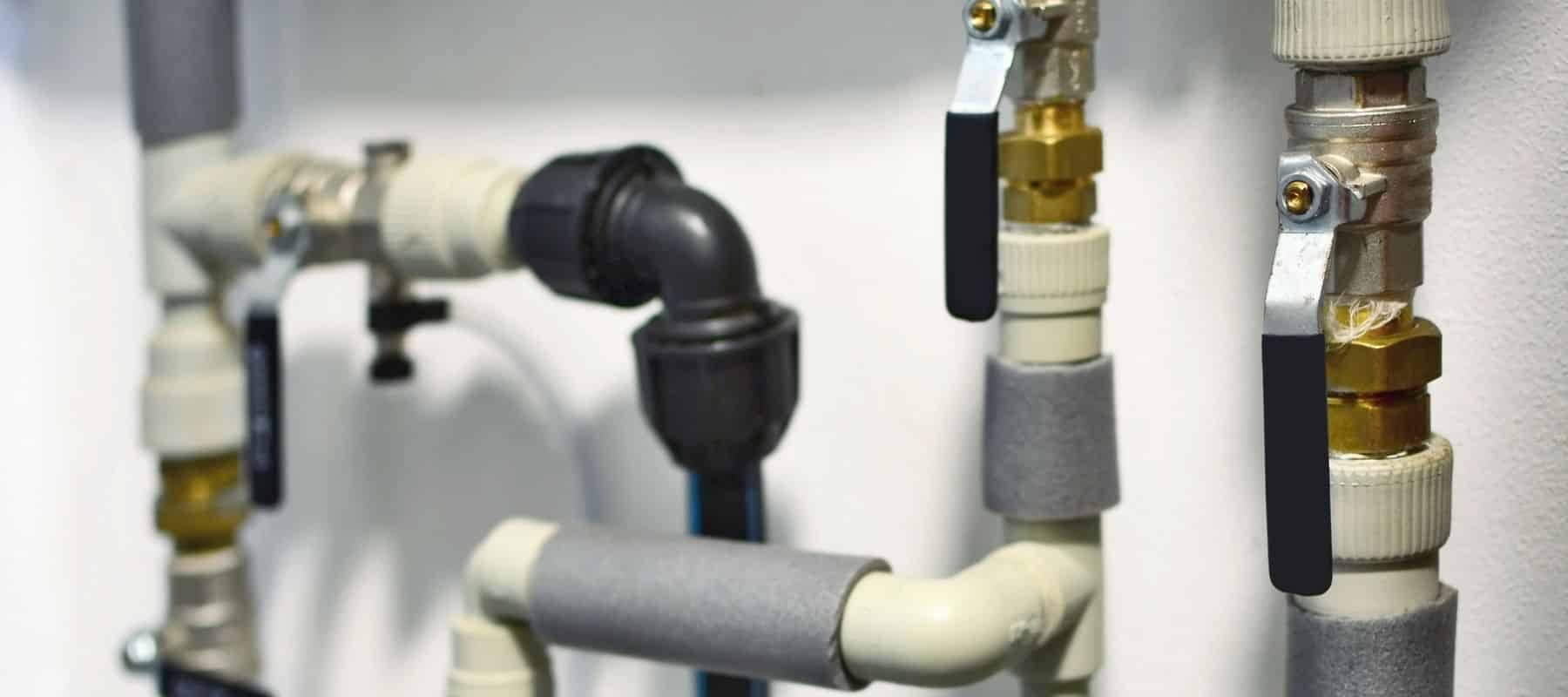The repipe company in Houston that delivers quality
Why Purchasing Repiping Providers Is Important for Your Home's Pipes Wellness
Repiping services play a necessary duty in maintaining a home's plumbing health. In time, pipes can rust, leakage, or come to be clogged up, leading to potential risks and inadequacies. Homeowners frequently ignore the indications of degrading pipes, which can lead to considerable damage. Comprehending the requirement for repiping is important. What elements should property owners think about before making this investment? The solutions might shock you.
Comprehending the Value of Repiping
While lots of property owners may overlook the significance of repiping, it plays a crucial duty in preserving the overall health of a plumbing system. With time, pipes can wear away, develop leaks, or become obstructed with mineral down payments, causing lowered water top quality and flow pressure. Repiping addresses these concerns by replacing old, damaged pipes with new, resilient products, making sure a trusted water and decreasing the risk of pricey repair work connected with leaks and water damages. Furthermore, modern-day piping materials are often a lot more efficient and eco friendly, adding to lower power costs and enhanced water preservation. Conducting a repiping job can enhance a home's resale value, making it a sensible investment for house owners. Inevitably, acknowledging the relevance of repiping allows house owners to take proactive steps in guarding their plumbing systems and guaranteeing a secure, useful living environment for their households.
Typical Indicators That Indicate the Need for Repiping
Home owners should be alert for particular signs that indicate the requirement for repiping, as ignoring these concerns can bring about much more serious plumbing issues. One typical indicator is the visibility of constant leakages, which can recommend aging or degrading pipelines. Furthermore, a recognizable decline in water stress might show obstructions or rust within the plumbing system. House owners may likewise discover stained or rusty water, signaling pipe degradation. Unexplained water costs that are considerably higher than usual can additionally mean leaks hidden within the wall surfaces. Moreover, the growth of mold and mildew or mildew in areas near pipes components can suggest moisture concerns originating from damaged pipes. Finally, if the home has old galvanized piping, it might be time to consider repiping, as this product is susceptible to rust and deterioration. Acknowledging these signs early can aid preserve a healthy and balanced plumbing system.
The Risks of Neglecting Plumbing Issues
Overlooking plumbing concerns can bring about considerable water damages, which may endanger the architectural honesty of a home. Furthermore, unsolved leaks can develop an environment conducive to mold and mildew growth, posing major carcinogen to residents. Addressing plumbing issues promptly is vital to protect both residential or commercial property and wellness.
Water Damages Concerns
When plumbing problems go unaddressed, the threat of water damage escalates significantly. Leakages, drips, and cracks in pipes can cause significant water intrusion, jeopardizing the architectural honesty of a home. Over time, even minor leaks can trigger rot, mold and mildew development, and damages to wall surfaces and floor covering, resulting in expensive repair services. Water damage can likewise influence electric systems, creating hazardous conditions. Property owners commonly take too lightly the collective influence of tiny leakages, which can bring about widespread damages otherwise without delay addressed. Ignoring plumbing concerns not just raises the chance of prompt damages but can also diminish residential property value and position long-term financial burdens. Therefore, timely repiping solutions are important to prevent water damages and preserve a healthy home environment.
Wellness Hazards Boost
Unresolved pipes concerns can result in significant wellness dangers within a home. Polluted water from corroded pipelines can lead and present hazardous bacteria to severe diseases. Mold and mildew development, frequently an outcome of leaks and excess dampness, presents respiratory threats and can set off sensitive reactions. In addition, stationary water can bring in parasites such as rats and pests, which bring illness that additionally endanger household health and wellness. Disregarding these plumbing problems not only endangers the safety and security of homeowners yet can additionally reduce residential property worth. Dealing with plumbing concerns via repiping services is important. Timely treatment not only safeguards health yet also assures a secure living atmosphere, avoiding extra considerable damages and expensive repair services down the line.
Different Kinds Of Piping Materials
Piping materials are an essential part in plumbing systems, affecting toughness, effectiveness, and overall efficiency. Various alternatives are offered, each with unique residential or commercial properties and applications. Copper piping is recognized for its durability and resistance to deterioration, making it a prominent choice for both warm and cold water lines. PVC (polyvinyl chloride) is light-weight, cost-effective, and immune to chemical damages, mostly used for drain and air vent systems. PEX (cross-linked polyethylene) has actually obtained appeal as a result of its flexibility and simplicity of installation, enabling less joints and possible leakage points. Galvanized steel, though when usual, is less positive today as a result of its vulnerability to corrosion and decreased water circulation over time. Each material provides distinctive advantages and downsides, making it vital for property owners to consult with pipes professionals to figure out one of the most suitable option for their certain demands and problems. Choosing the best piping product can substantially impact the efficiency and security of a pipes system.
The Repiping Refine: What to Anticipate
The repiping procedure starts with a complete analysis of the existing pipelines to identify issues and identify the most effective program of activity. Following this assessment, property owners will certainly require to select proper substitute products that find out this here fit their pipes needs. Lastly, an overview of the installment procedure will certainly supply understandings right into what to expect during this considerable home improvement.
Assessment of Existing Pipes
An exact analysis of existing pipelines is vital for making sure the long-lasting health of a plumbing system. This analysis entails checking the materials, age, and condition of the pipelines, along with recognizing any type of signs of deterioration, leakages, or obstructions - Houston Repipe. Expert plumbings usually use advanced strategies such as video inspections to obtain a clear view of the pipeline's inside without invasive treatments. By identifying trouble areas early, homeowners can stop further damages and costly fixings in the future. Furthermore, recognizing the present state of the pipes infrastructure help in making informed choices regarding needed upgrades or repiping. In general, a thorough assessment works as the foundation for a successful repiping procedure, making sure that the brand-new system meets the home's details needs
Selecting Replacement Materials
After evaluating the existing pipes, homeowners face the go to my site essential decision of picking suitable substitute materials for their plumbing system. Typical alternatives include copper, PVC, PEX, and CPVC, each with distinctive advantages and drawbacks. Copper is recognized for its resilience and resistance to rust, making it a durable choice. PVC is lightweight and economical, appropriate for drain and air vent lines. PEX supplies flexibility and is resistant to scale and chlorine, making setup less complicated in limited spaces. CPVC is similar to PVC however can stand up to greater temperature levels. Home owners must consider elements such as budget plan, regional building ordinance, and the specific requirements of their plumbing system when making this decision, guaranteeing optimal efficiency and durability for their home's pipes facilities.
Setup Process Summary
Repiping a home can be a considerable endeavor, however understanding the installation process aids home owners plan for what exists in advance. The process generally begins with an extensive evaluation of the existing plumbing system to identify trouble locations. Next, a detailed strategy is created, detailing the needed materials and timelines. On the installation day, specialists will certainly typically start by shutting off the water and draining pipes the existing pipes. They then get rid of the old piping, which might include opening up wall surfaces or ceilings for accessibility. Brand-new pipes are mounted, guaranteeing they meet existing plumbing codes. Ultimately, the system is tested for leaks, and any type of openings are repaired. Property owners can anticipate a reliable and clean process, lessening interruption to their daily lives.
Long-Term Advantages of Repiping Your Home
While lots of homeowners might forget the significance of upgrading their pipes, the long-term benefits of repiping a home can substantially enhance both its value and capability. Among the primary advantages is improved water high quality. Older pipelines might harbor contaminants and rust, while brand-new piping warranties clean and safe water distribution. In addition, repiping can lead to enhanced water stress, making day-to-day jobs more efficient.

Just how to Select the Right Plumbing Solution for Repiping
Exactly how can property owners assure they choose the best pipes service for repiping? First, they must research neighborhood plumbing firms, focusing on those that concentrate on repiping services. Reviewing online testimonials and reviews can give insights right into the quality of service supplied. It's necessary to examine for suitable licensing and insurance policy, ensuring the selected firm complies with regional laws
Property owners visit site must additionally request comprehensive price quotes from multiple suppliers to contrast pricing and services used. Involving straight with potential plumbings can assist analyze their proficiency, communication abilities, and readiness to address questions. Additionally, requesting recommendations from previous customers can verify a firm's integrity and handiwork.
Home owners need to consider the company's warranty policies on products and labor, as this can mirror their dedication to top quality. By following these guidelines, property owners can make an informed choice, safeguarding their pipes health and wellness via reliable repiping solutions.
Often Asked Concerns
How much time Does a Regular Repiping Task Require To Complete?
A typical repiping task usually takes in between one to five days to complete, relying on the dimension of the home and complexity of the pipes system. Correct planning and contractor proficiency can influence total duration considerably.
Will Repiping Rise My Home's Resale Value?
Repiping frequently enhances a home's resale worth, as potential buyers value updated pipes systems. This enhancement decreases potential pipes issues, making the home much more attractive and possibly justifying a greater asking cost during sale negotiations.
Can I Remain In My Home Throughout Repiping?
During repiping, remaining in the home is frequently possible, yet it may rely on the degree of the work. Homeowners need to get ready for short-term disturbances and speak with professionals for details plans and safety and security considerations.
What Is the Ordinary Cost of Repiping a Home?
The typical price of repiping a home usually varies from $4,000 to $15,000, depending on aspects such as the dimension of the house, materials made use of, and labor costs connected with the pipes job. - Repipe Specialists
Do I Need an Authorization for Repiping Providers?
A permit is normally needed for repiping services, as it ensures conformity with neighborhood building ordinance and policies. House owners should consult their local authority or a certified plumber to determine certain permitting demands for their location.
